“She’s out.” My friend whispered, as we watched the Lionesses run onto the pitch. “So’s she. She used to date one of her teammates.” This commentary preceded the Lionesses’ stunning 4-0 semi-final victory over Sweden, which we watched at my local sports pub. My friends and I had been invited to join the table of two women, who we had met at the previous England game. We’d bonded with the couple over not just our love of the Lionesses (after all, half of our group had been loudly cheering for Spain) but through a tacit acknowledgement of our shared queer identities…
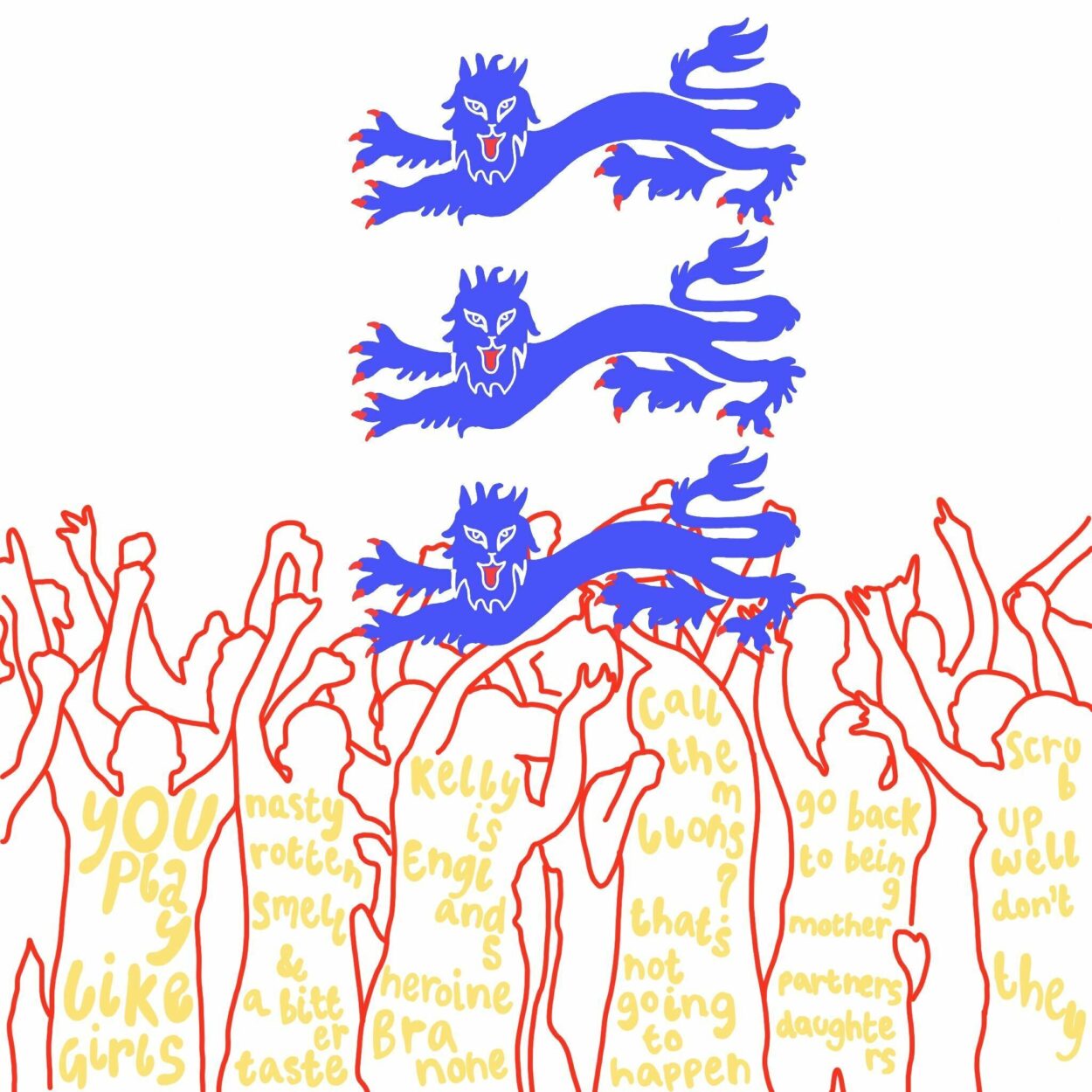
A Pride of Lionesses: the Queer Culture of Women’s Football
“She’s out.” My friend whispered, as we watched the Lionesses run onto the pitch. “So’s she. She used to date one of her teammates.” This commentary preceded the Lionesses’ stunning 4-0 semi-final victory over Sweden, which we watched at my local sports pub. My friends and I had been invited to join the table of two women, who we had met at the previous England game. We’d bonded with the couple over not just our love of the Lionesses (after all, half of our group had been loudly cheering for Spain) but through a tacit acknowledgement of our shared queer identities. In other words, our crushing on Sarina Wiegman had not gone unnoticed. Looking around the room, the pub had been transformed. Replacing the usual clientele — which tends to be made up predominantly of men — was a crowd that wouldn’t have looked out of place at the club nights I’ve been to recently. The overwhelming majority were young women; lots were in couples; and I saw plenty of football shirts paired with Doc Martens, mullets, and other twenty-first century examples of what we might call “gay semiotics.”
This audience demographic is in no way unique to my experience, at this one pub: a friend told me that the DJ at a Wembley watch-party gave a “shout out to all the lesbians!”; whilst the online women’s football platform Studs released a Euros t-shirt with the slogan “It’s Coming Homo”, complete with illustrated players waving pride flags. On Tiktok, once you like one goal replay it won’t be long until you’re inundated with fan-made videos of players, the comment sections full of star-struck (and, honestly, thirsty!) women. The association between women’s football and sapphic, or queer, culture is not unique to this tournament either. After all, who can forget the queer-but-not-really-queer classic Bend it like Beckham (2002)? The film that launched a thousand essays (and even more fanfics) about how main characters Jess and Jules should have ended up together.
This fan culture reflects what’s happening on the pitch: 40 participants in the 2019 Women’s World Cup were out as LGBTQ+, as were seven of the Lionesses in this year’s Euros. Here it is worth briefly noting an theme I’ll return to later in the article: whilst there are players who identify as non-binary playing professional football in women’s tournaments (such as Canada’s Quinn), the inclusion of trans women remains a fraught and highly-contested subject. At the time of writing, to the best of my knowledge, none of the Lionesses identify as trans or non-binary. Thus, when referring to the Lionesses, I will be discussing exclusively their sexualities, rather than gender identities.
The sexualities of the Lionesses have received considerable press coverage, with the team rightfully being hailed as icons and champions of LGBTQ+ inclusion. Of course, this hasn’t been without backlash: like any LGBTQ+ public figure, those players who have chosen to come out have been the subjects of abuse and mockery on social media. This overt homophobia is distressing, rage-inducing, and should be condemned in the strongest possible terms by anyone who calls themselves a fan of the game.
In addition to outright trolling, I’ve also noticed a more insidious form of homophobic backlash, which takes the form of insisting that the sexualities of the Lionesses should not be acknowledged. These complaints are often couched in faux respect or admiration — they take the form of “their sexuality doesn’t matter, they’re heroes!” or “why do we need to focus so much on their personal lives rather than their talent?” I find the latter stance particularly disingenuous. Can these commentators truly say they’ve ever taken the same stance in response to tabloid interest in the heterosexual dating lives of the England men’s team? WAGs have been a national source of fascination since the early 2000s, and the recent “Wagatha Christie” libel trial has captured the attention of even the least interested in football.
Others who decry the acknowledgement of the Lionesses sexuality frame themselves as defenders of the women’s game. They argue that coverage by LGBTQ+ publications helps to reinforce the “stereotype” that women’s football is an inherently queer pursuit — a stereotype that may then contribute to dissuading women and girls from participating. This rhetoric is at best misguided and at worst hostile, and either way it fails to meaningfully uplift the women’s game. The queer culture of women’s football is not a stereotype, nor is it a barrier to participation: it is a testament to inclusion and acceptance. The fact that so many women’s football players feel safe to come out in the public eye is something to be celebrated, not minimised.
Playing sport has become an important part of my adult life: I’ve met plenty of friends; it has improved my relationship with my body; it’s one of the ways I look after my mental health. This is something that would have been unimaginable for my younger self, who between the ages of thirteen and sixteen thought PE lessons should be banned under the Geneva Convention. As a result, I’m passionate about encouraging more women and girls to find a sport that suits them. Anyone similarly motivated by a genuine enthusiasm to champion women’s sport would recognise that there are plenty of barriers in place, which have nothing to do with discussions of sexuality.
If we just look at football, currently only 63% of schools offer football to girls during PE lessons. As a result, plenty of girls who want to receive football coaching will only be able to do so if they have the time and money to join an extra-curricular club — if such a club even exists in their local area. Sport England has also identified “fear of judgment” — about appearance or ability — as a reason women and girls are less likely to get involved in sport. Girls watching the Lionesses are growing up in a world where women’s bodies are under near-constant scrutiny, and many continue to hold the preconception that women are inherently less athletic than men. As girls grow older, they are also more likely to take on a greater share of domestic labour than their male age-mates, leaving them with less social time for sports. These factors should all be primary concerns for those keen to promote women’s sports.
It is worth acknowledging that fear of being perceived as queer or unfeminine is undoubtedly a factor in some girls’ reluctance to take part in sports. Sport England identified “not appearing feminine” as one of the barriers to challenge in their This Girl Can campaign. Meanwhile, the Women’s Sports Foundation in the United States has noted “During socially fragile adolescence, the fear of being tagged “gay” is strong enough to push many girls out of the game.” However, celebrating the fact that a significant number of high-level women footballers are queer is not the cause of this problem. Girls are afraid of participating in behaviour that others deem unfeminine or queer because we live in a misogynistic and homophobic society, which punishes gender and sexual non-conformity. This would still be true, even if there was no public discussion of the sexuality of any of the Lionesses. If it wasn’t obvious enough by now — I don’t think that anyone pushing back against the celebration of the Lionesses as LGBTQ+ icons truly cares about encouraging women’s sport. Anyone motivated by a genuine passion for sport, rather than discomfort with queerness, would recognise that they should be working to dismantle the prejudices that make girls afraid of being perceived as queer or unfeminine. Holding up out-and-proud sportswomen as national heroes and role models is far more productive and meaningful than reassurances of “playing sports doesn’t make you gay.”
What many also fail to recognise, whether they are well-meaning but misinformed, or simply homophobic, is that when a sport has a reputation for being queer, that reputation does not exclusively drive people away — it also draws people in. This is something of a self-fulfilling prophecy: queer people will join a sport that is already associated with queerness and this, in turn, bolsters the association. My own chosen sport, roller derby, has a firmly established place in queer culture. I recently told friends I was going to a wedding of a former teammate and almost everyone assumed it would be a wedding with two brides — that’s how significant the association between roller derby and queerness is! Looking at roller derby, we can see another example of a self-fulfilling prophecy: roller derby has always attracted queer people; the sport’s governing body developed progressive policies on trans inclusion as a result; and these policies continue to attract more people to the sport.
The world’s governing body for football, FIFA, is currently reviewing its policies on trans inclusion, in the wake of the International Rugby League and FINA (the world body for swimming) deciding to restrict trans participation. On a national level, the FA, the governing body for football in England, currently requires trans people to seek permission to play in their leagues. The FA claim that most applications are approved, but this does not detract from the invasiveness of the process, which requires players to provide details of their medical history. Despite these barriers for aspiring professionals, at a grassroots level, a similar pattern to roller derby can be seen in women’s football. Earlier this year, the award-winning grassroots football league, the Super 5 League in Hackney London, was boycotted by several teams. Although the league promoted itself as being “LGBTQIA+ & non-binary friendly”, Camden Bells FC had the eligibility of one of their non-binary players questioned, resulting in the boycott. This admirable display of solidarity shows how a sport’s queer reputation attracts people who are seeking, and willing to fight for, inclusivity, diversity, and community. The belief that any sport’s queer reputation should be challenged or diminished prioritises those outside of the sport, rather than those currently participating. Of course, women of all identities should be encouraged to play sport, but this does not mean that pre-existing, queer team spirit should be quashed.
When we turn to the men’s game for comparison, it becomes instantly clear that men’s football has a long way to go in terms of tackling homophobia. I’m fascinated by the homoeroticism of men’s football (which could be an article in of itself) — the Arsenal fan subreddit has plenty of complimentary things to say about player’s appearances, whilst last year’s men’s Euros was soundtracked with choruses of “Southgate you’re the one, you still turn me on”. However, this is understood by most as ironic, and often does not translate into any genuine spirit of tolerance and inclusion. LGBTQ+ supporters clubs do amazing work to boost the visibility of LGBTQ+ fans and make stadiums safer spaces. However, despite this, in a 2016 study 72% of football fans reported hearing homophobic abuse at games. As of May 2022, Blackpool’s Jake Daniels is the UK’s only publicly out male professional footballer, at just seventeen years old. He is the first male professional footballer to come out publicly since Justin Fashanu in 1990. In the same 2016 study cited above, one in five 18 to 24-year-olds reported that they would be embarrassed if their favourite player came out. I hope that Daniels’ bravery will help usher in a new era for the men’s game, but that is a huge responsibility for a young man at the start of his career.
Women’s football is in no way perfect; it certainly has a long way to go regarding trans inclusion at a professional level. However, fans, players, and officials should still be very proud of the culture they have created. The queer culture of woman’s football, especially at a grassroots level, is hopeful, inspiring, and something we should all be celebrating.
Ruby Hann, Politics Writer
Header image by Peggy Mitchell, one of our wonderful graphic designers!

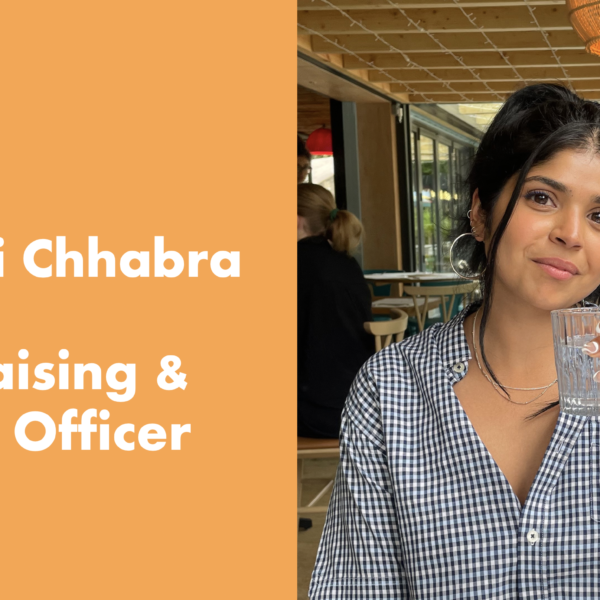
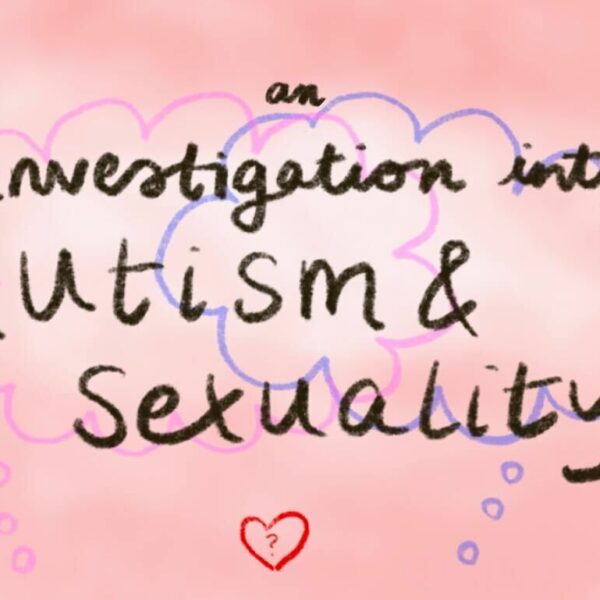
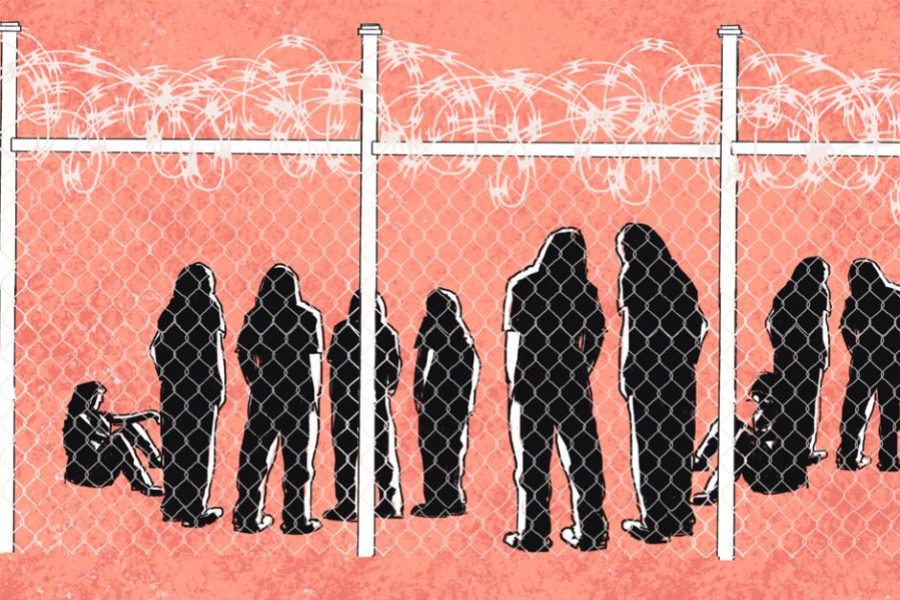
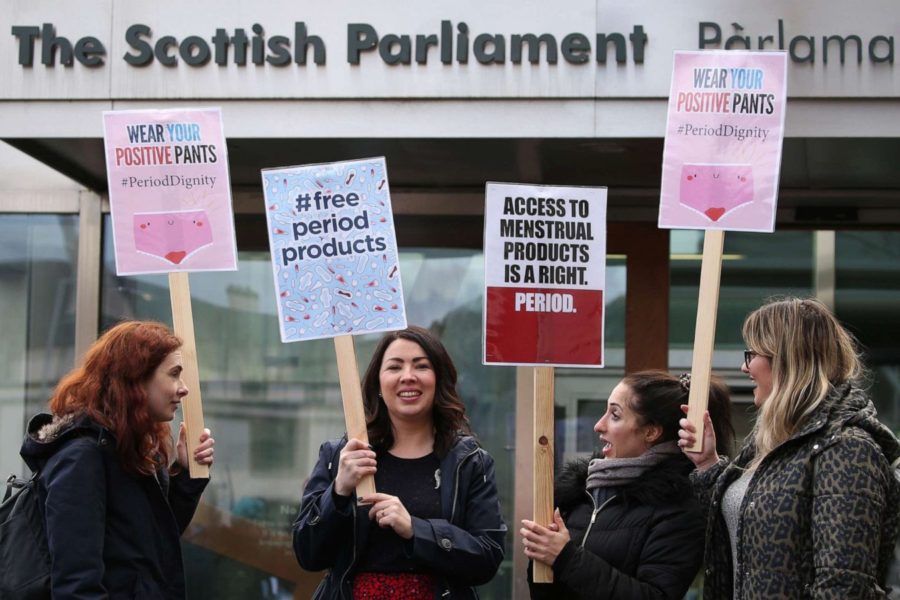
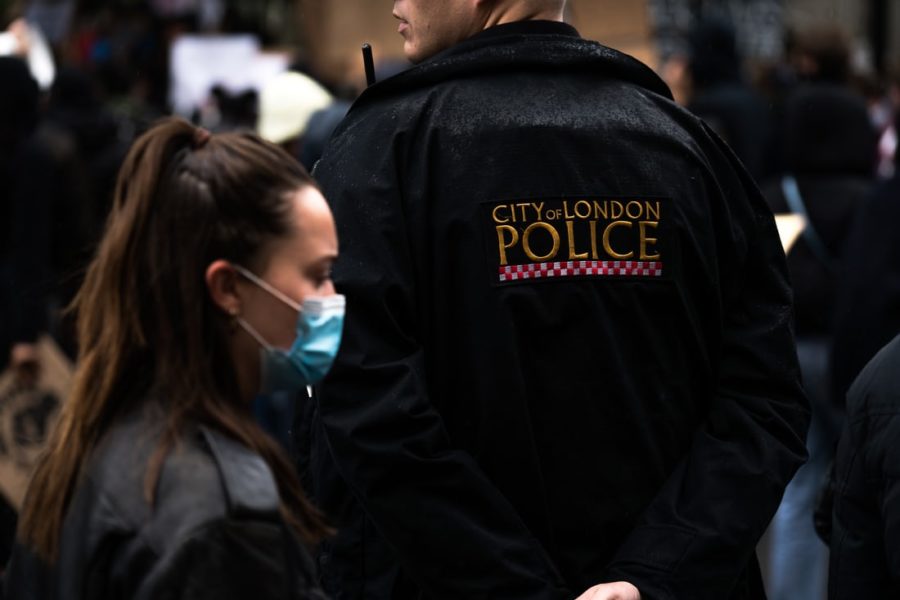
Leave a Comment